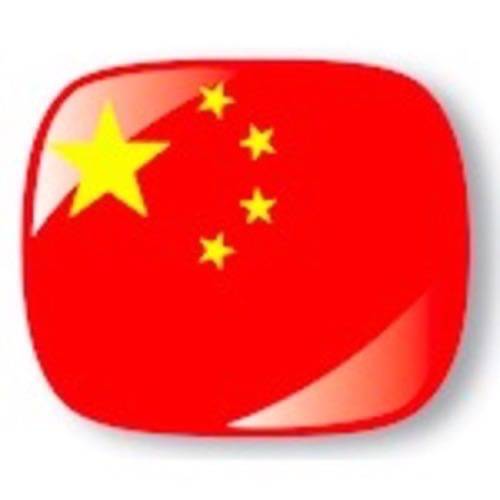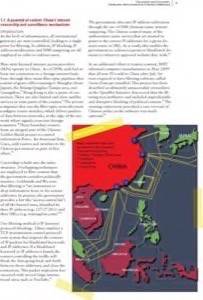American Web tech companies trying to gain a share of the massive Chinese market bend too easily to government authorities, who demand tighter censorship and self-policing on the Internet, say analysts in a new report.

Voluntary attempts to conform to government demands while maintaining the freedom of speech found in their originating culture, have proven unsuccessful for companies like Google, Cisco, Microsoft and Yahoo, who have made the push into China and other rigidly-policed tech environments. The analysts say the problem is getting worse.
The report also signals concern over Facebook’s curiosity about the China market and notes its 750 million person data set should be considered with caution.
In the report, members of think tank SecDev Group come down hardest on search engines for bending to rules imposed on them in order to maintain the security of the Chinese state.
These practices include surveilling and monitoring Web use and acquiescing to demands to remove content that “offends” the sensibilities of the 450 million Chinese using the Web.
Here is a map from the report that shows the connectivity of control.

Google, the world’s largest search engine, tried to put up a fight against the nanny tactics of China, but even that company renewed its license recently. It now operates its servers in Hong Kong and routes Chinese search traffic through them.
Reports like these have been coming out for many years. In 2005, for instance, Yahoo was taken to task for letting local subsidiary Alibaba turn over the name and email credentials of a Chinese journalist, Shi Tao, after the government there demanded answers. Each new report gives the impression that Western companies must give away much of the cultural standards and ethical codes of conduct they practice in other parts of the world, as soon as they set up camp in authoritarian regimes.
Rebecca MacKinnon, a former CNN journalist and well-known free Internet advocate cautions that while the urge to slide into China is strong, social networking companies may not be doing this kind of thing just to obey Chinese rulers. The recent changes, she says, are likely just an attempt to mimic the success of Google+ Circles.
“Facebook does a lot of things that are not the best thing for free speech or dissent, because their success as a business is more important to the company than being a platform for free speech or political activism,” she says. MacKinnon , who just wrote a book on Internet censorship called “Consent of the Networked”, and has a Ted Talk about the topic featured at the book’s site.
Facebook did not respond to a request for comment sent to their press department.
Map image of Asia connectivity comes from the SecDev Group report

















